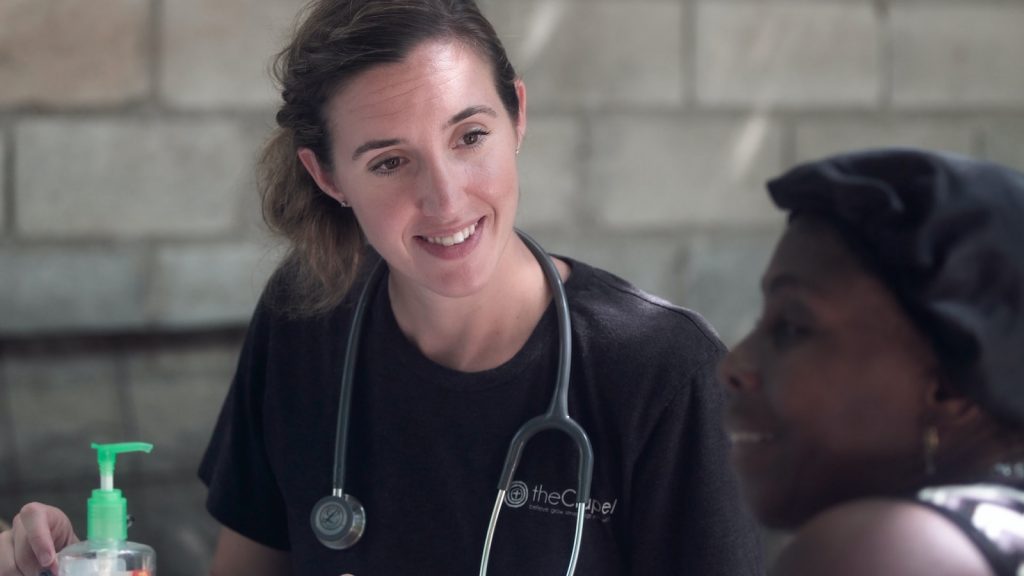Studying abroad represents a unique and life-changing opportunity. From expanding your academic horizon to experiencing a new culture, and developing invaluable life skills, every aspect of an international study program offers valuable experiences. In this guide, we will explore how to make the most out of study abroad opportunities.
Planning Your Adventure
Recognize your Goals: The first step is identifying your academic and personal goals. What skills do you want to develop? What knowledge do you want to gain? How can studying abroad help you achieve these?
Choose the Right Program: Each study abroad program is unique, offering different cultural experiences, academic focus, and language immersion. Research various programs to find one that aligns with your goals.
Immersing in the Culture
Learn the Local Language: Understanding the local language allows you to interact with the community, comprehend your surroundings, and gain a richer cultural experience.
Explore Local Attractions: Don’t limit yourself to the classroom. Visit local landmarks, explore natural wonders, and attend local events. These experiences will enhance your cultural understanding and create lasting memories.
Taking Advantage of Academic Opportunities
Engage in the Classroom: Be proactive in your learning. Participate in class discussions, ask questions, and seek extra help if needed. This will enhance your academic experience and foster a deeper understanding of your subject matter.
Expand your Academic Horizons: Study abroad is the perfect opportunity to take courses not offered in your home institution. Broadening your academic experiences will diversify your knowledge and skills.
Building International Relationships
Connect with Local Students: Building relationships with locals can help you understand their culture, language, and traditions from a more personal perspective.
Network with International Students: Studying abroad provides the opportunity to meet students from various countries. These connections can develop into lifelong friendships and professional networks.
Developing Life Skills
Embrace Independence: Living abroad fosters a sense of independence. You’ll need to navigate new environments, solve problems on your own, and manage your finances – skills that will serve you well in the future.
Practice Adaptability: Studying abroad exposes you to new situations and challenges. By adapting to these, you will develop resilience and flexibility, which are critical life skills.
Post Study Abroad Opportunities
Leverage Your Experience: Your international experience can make you stand out to potential employers. Highlight your study abroad experience in your resume and during job interviews to showcase your unique skills and experiences.
Conclusion
Making the most out of study abroad opportunities involves careful planning, cultural immersion, proactive academic engagement, relationship building, life skill development, and leveraging your experience post-study. These strategies can help you create an enriching and unforgettable study abroad experience that extends beyond academics.
Frequently Asked Questions
1. How can I choose the right study abroad program? Select a program that aligns with your academic and personal goals. Consider the country’s culture, the language spoken, and the academic focus of the program.
2. How can I immerse myself in the local culture? Learn the local language, explore local attractions, attend local events, and build relationships with local students.
3. How can I maximize my academic experience while studying abroad? Be proactive in your learning, take courses outside your regular curriculum, and don’t hesitate to seek help if you need it.
4. How can I build relationships while studying abroad? Connect with local students, participate in university activities, and network with other international students.
5. How can study abroad benefit my future career? Study abroad experience can make your resume stand out. The skills you acquire, such as independence, adaptability, and cultural understanding, are highly valued by employers.




